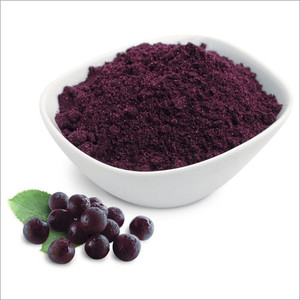
Organic Elderberry whole, 2 oz pouch
The Grindstone
$8.95
$10.00
(You save
$1.05
)
Elderberry is one of the most commonly used medicinal plants in the world.
Traditionally, Native Americans used it to treat infections, while the ancient Egyptians used it to improve their complexions and heal burns. It’s still gathered and used in folk medicine across many parts of Europe.
Today, elderberry is most often taken as a supplement to treat cold and flu symptoms.Elderberries are a low-calorie food packed with antioxidants.
Health Benefits of Elderberries:
High in vitamin C:There are 6–35 mg of vitamin C per 100 grams of fruit, which accounts for up to 60% of the recommended daily intake
High in dietary fiber:Elderberries contain 7 grams of fiberper 100 grams of fresh berries, which is over one-quarter of the recommended daily intake
A good source of phenolic acids:These compounds are powerful antioxidants that can help reduce damage from oxidative stress in the body
A good source of flavonols:Elderberry contains the antioxidant flavonols quercetin, kaempferol and isorhamnetin. The flowers contain up to 10 times more flavonols than the berries.
Rich in anthocyanins:These compounds give the fruit its characteristic dark black-purple color and are a strong antioxidant with anti-inflammatory effects
The exact nutritional composition of elderberries depends on the variety of plant, ripeness of the berries and environmental and climatic conditions. Therefore, servings can vary in their nutrition
Traditionally, Native Americans used it to treat infections, while the ancient Egyptians used it to improve their complexions and heal burns. It’s still gathered and used in folk medicine across many parts of Europe.
Today, elderberry is most often taken as a supplement to treat cold and flu symptoms.Elderberries are a low-calorie food packed with antioxidants.
Health Benefits of Elderberries:
High in vitamin C:There are 6–35 mg of vitamin C per 100 grams of fruit, which accounts for up to 60% of the recommended daily intake
High in dietary fiber:Elderberries contain 7 grams of fiberper 100 grams of fresh berries, which is over one-quarter of the recommended daily intake
A good source of phenolic acids:These compounds are powerful antioxidants that can help reduce damage from oxidative stress in the body
A good source of flavonols:Elderberry contains the antioxidant flavonols quercetin, kaempferol and isorhamnetin. The flowers contain up to 10 times more flavonols than the berries.
Rich in anthocyanins:These compounds give the fruit its characteristic dark black-purple color and are a strong antioxidant with anti-inflammatory effects
The exact nutritional composition of elderberries depends on the variety of plant, ripeness of the berries and environmental and climatic conditions. Therefore, servings can vary in their nutrition





